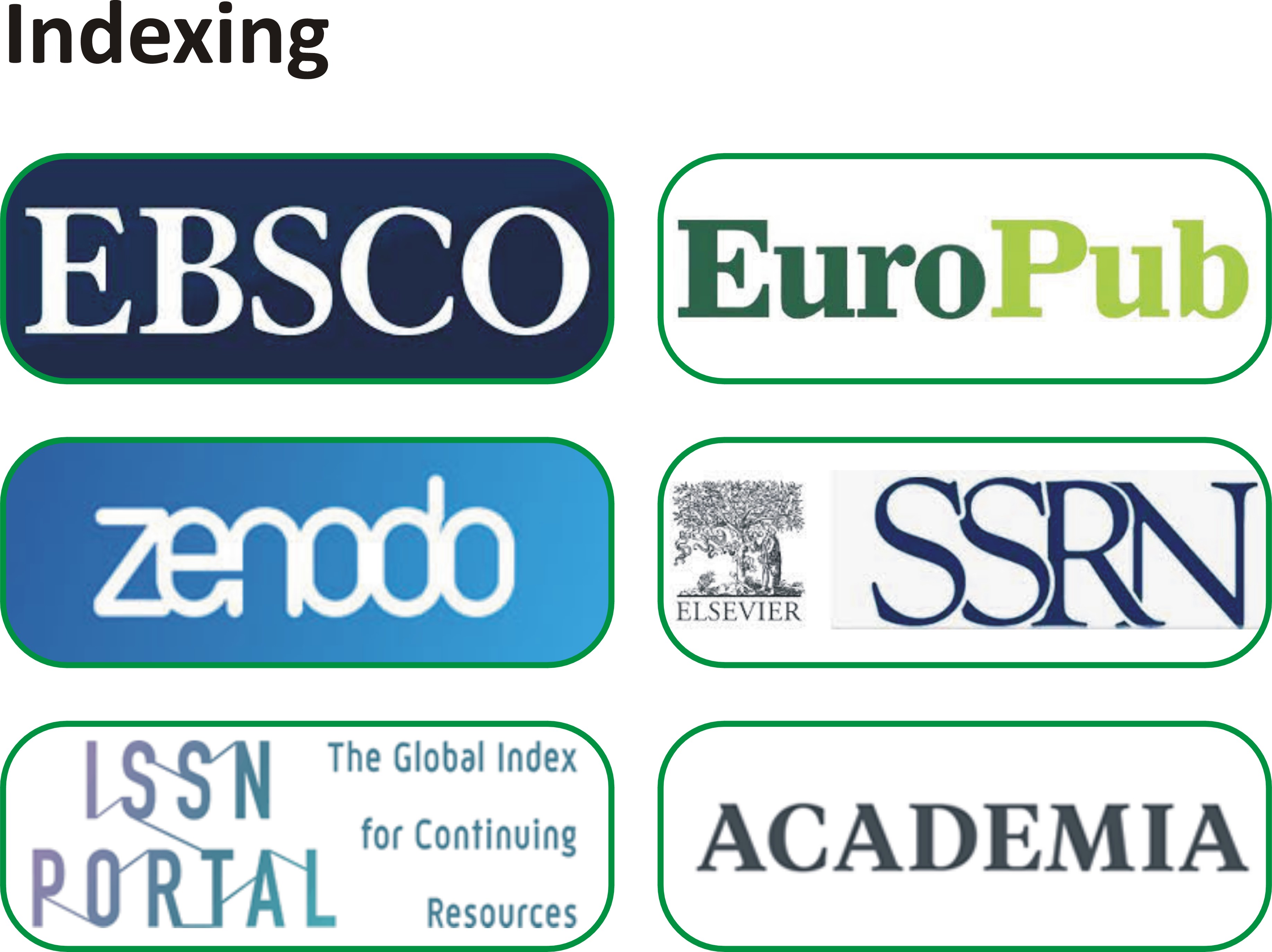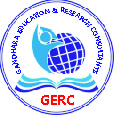Sexual Harassment Climate at Workplaces and its Effects on Job-Related Affective Wellbeing of Females in Pakistan
Abstract
Sexual Harassment is mostly faced by females throughout the world. Pakistani females were not the equal part of job sectors previously, but now they are now working side by side with males. Increase the number of females, increased the risk of sexual harassment at workplaces. In Pakistan, talking and complaining about sexual harassment is considered as taboo while sexual harassment at workplaces affects the mental well-beings of female employees negatively. This research was conducted to understand the sexual harassment climate of Pakistani workplaces and its impact on the job-related affective well-being of females. Research was done on Pakistani females working in different sectors of Pakistan, Data collection was done online and a total 230 working females of aged 18 – 54 years participated. The relationship between sexual harassment climate at workplaces and job-related affective well beings of female employees were found to be weakly positively correlated, r(228) = 0.298, p = 0.00. Linear regression significantly indicated the effect of sexual harassment risk at workplaces on the negative job-related emotions of females, R2 = 0.030, F(1, 228) = 7.097, p = 0.008. Linear regression between the higher intolerance of sexual harassment and high arousal - high pleasurable positive emotions of females also found significant, R2 = 0.040, F(1, 228) = 9.438, p = 0.002. This means that sexual harassment climate at workplaces damaged the job-related well beings of females and the workplaces with high intolerance of sexual harassment increases the positive emotions of female employees towards their jobs.
Copyright Notice Submission of an article implies that the work described has not been published previously (except in the form of an abstract or as part of a published lecture or academic thesis), that it is not under consideration for publication elsewhere, that its publication is approved by all authors and tacitly or explicitly by the responsible authorities where the work was carried out, and that, if accepted, will not be published elsewhere in the same form, in English or in any other language, without the written consent of the Publisher. The Editors reserve the right to edit or otherwise alter all contributions, but authors will receive proofs for approval before publication. Copyrights for articles published in IJSSA journal are retained by the authors, with first publication rights granted to the journal. The journal/publisher is not responsible for subsequent uses of the work. It is the author’s responsibility to bring an infringement action if so desired by the author.



